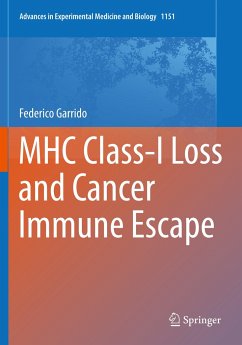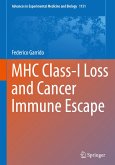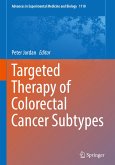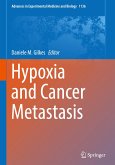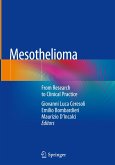This book is about the escape strategies used by cancer cells to avoid the immune response of the host. The main characters of this story are the "Antigen Presenting Molecules" and the "T Lymphocytes". The former are known as the Major Histocompatibility Complex (MHC): the H-2 and the HLA molecules. The latter are a subgroup of white cells travelling all over our body which are capable to distinguish between "self and non self".
Readers will know from the inside about the history of the HLA genetic system and will discover how T lymphocytes recognize and destroy cancer cells. One of the key important questions is: Why tumors arise, develop and metastasize? This book tries to answer this question and will explain how cancer cells become invisible to killer T lymphocytes. The loss of the HLA molecules is a major player in this tumor escape mechanism.
Cancer immunotherapy is aimed at stimulating T lymphocytes to destroy tumor cells. However, the clinical response rate is not as high as expected. The molecular mechanisms responsible for MHC/HLA antigen loss play a crucial role in this resistance to immunotherapy. This immune escape mechanism will be discussed in different types of tumors: lung, prostate, bladder and breast...ect. as well as melanoma and lymphoma.
This book will be useful to Oncologists, Pathologists and Immunologist that will enter this fascinating area of research. It will be also interesting for biologist, doctoral students and medical residents interested in "Tumor Immunology".
Readers will know from the inside about the history of the HLA genetic system and will discover how T lymphocytes recognize and destroy cancer cells. One of the key important questions is: Why tumors arise, develop and metastasize? This book tries to answer this question and will explain how cancer cells become invisible to killer T lymphocytes. The loss of the HLA molecules is a major player in this tumor escape mechanism.
Cancer immunotherapy is aimed at stimulating T lymphocytes to destroy tumor cells. However, the clinical response rate is not as high as expected. The molecular mechanisms responsible for MHC/HLA antigen loss play a crucial role in this resistance to immunotherapy. This immune escape mechanism will be discussed in different types of tumors: lung, prostate, bladder and breast...ect. as well as melanoma and lymphoma.
This book will be useful to Oncologists, Pathologists and Immunologist that will enter this fascinating area of research. It will be also interesting for biologist, doctoral students and medical residents interested in "Tumor Immunology".

